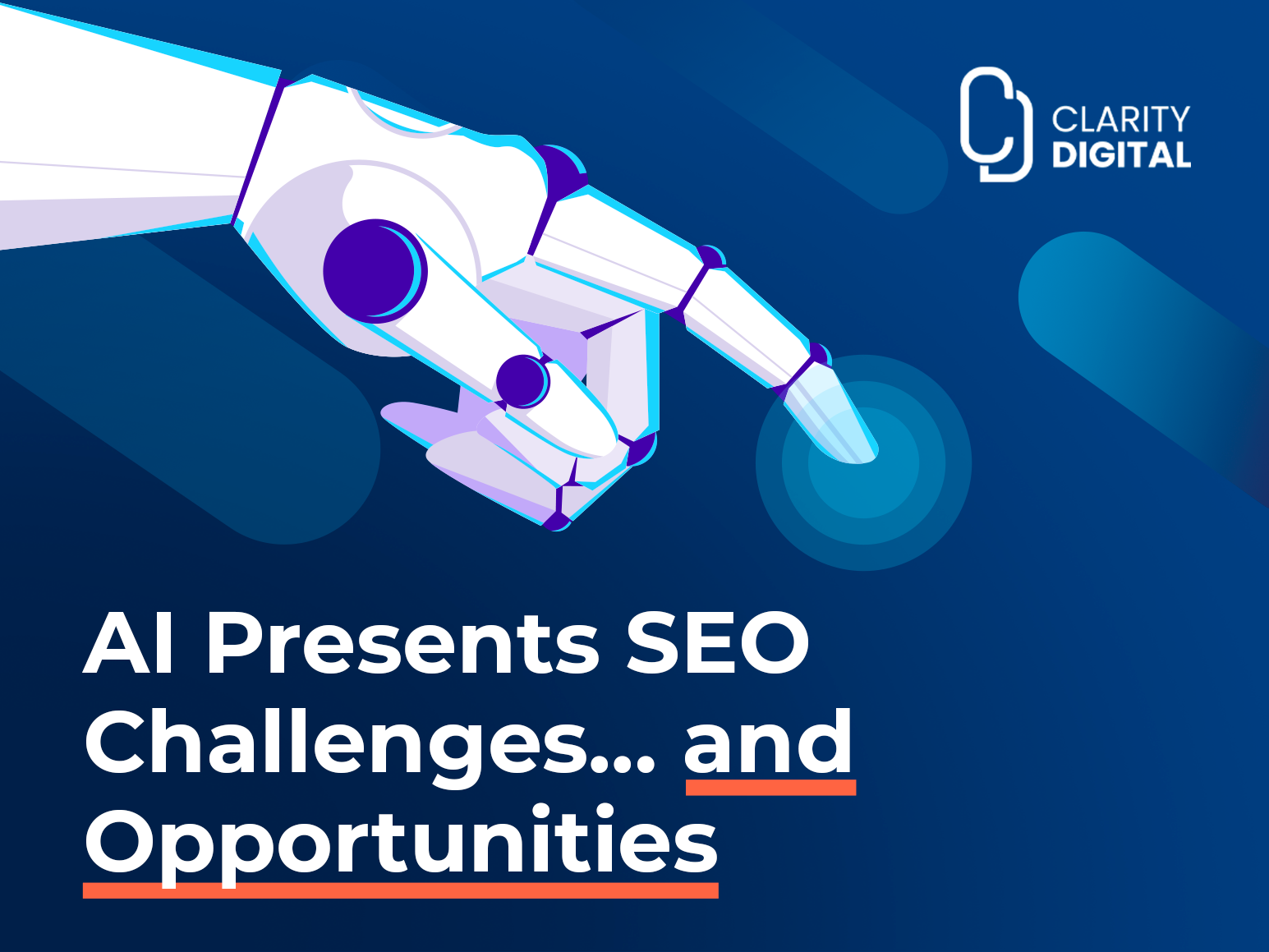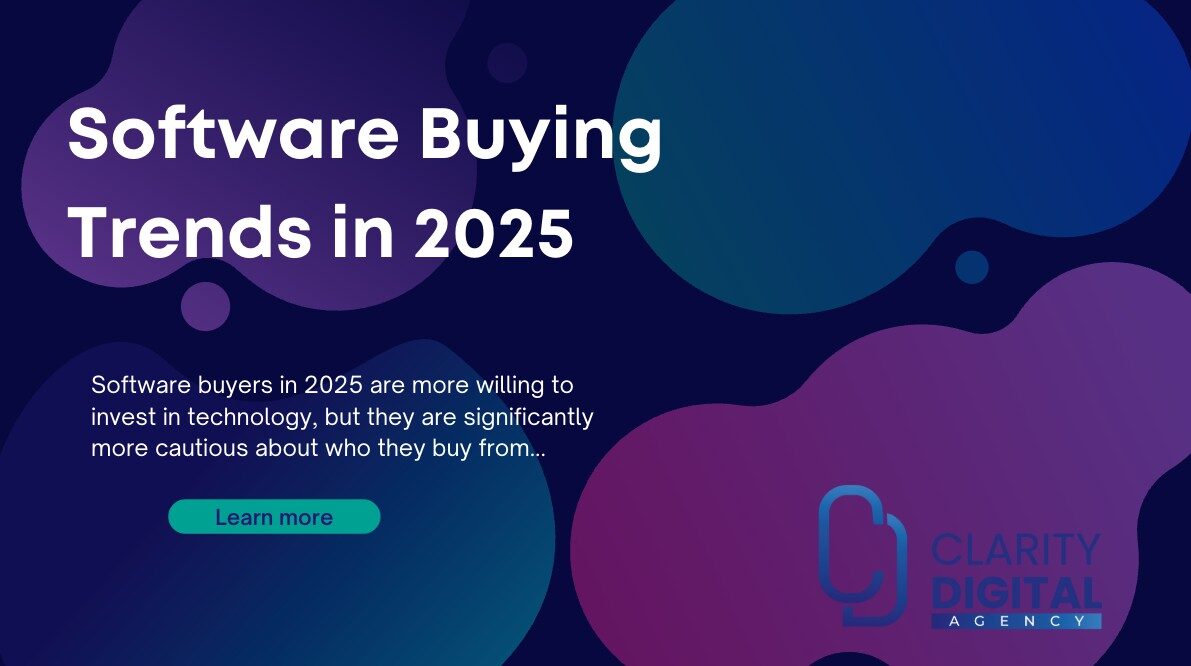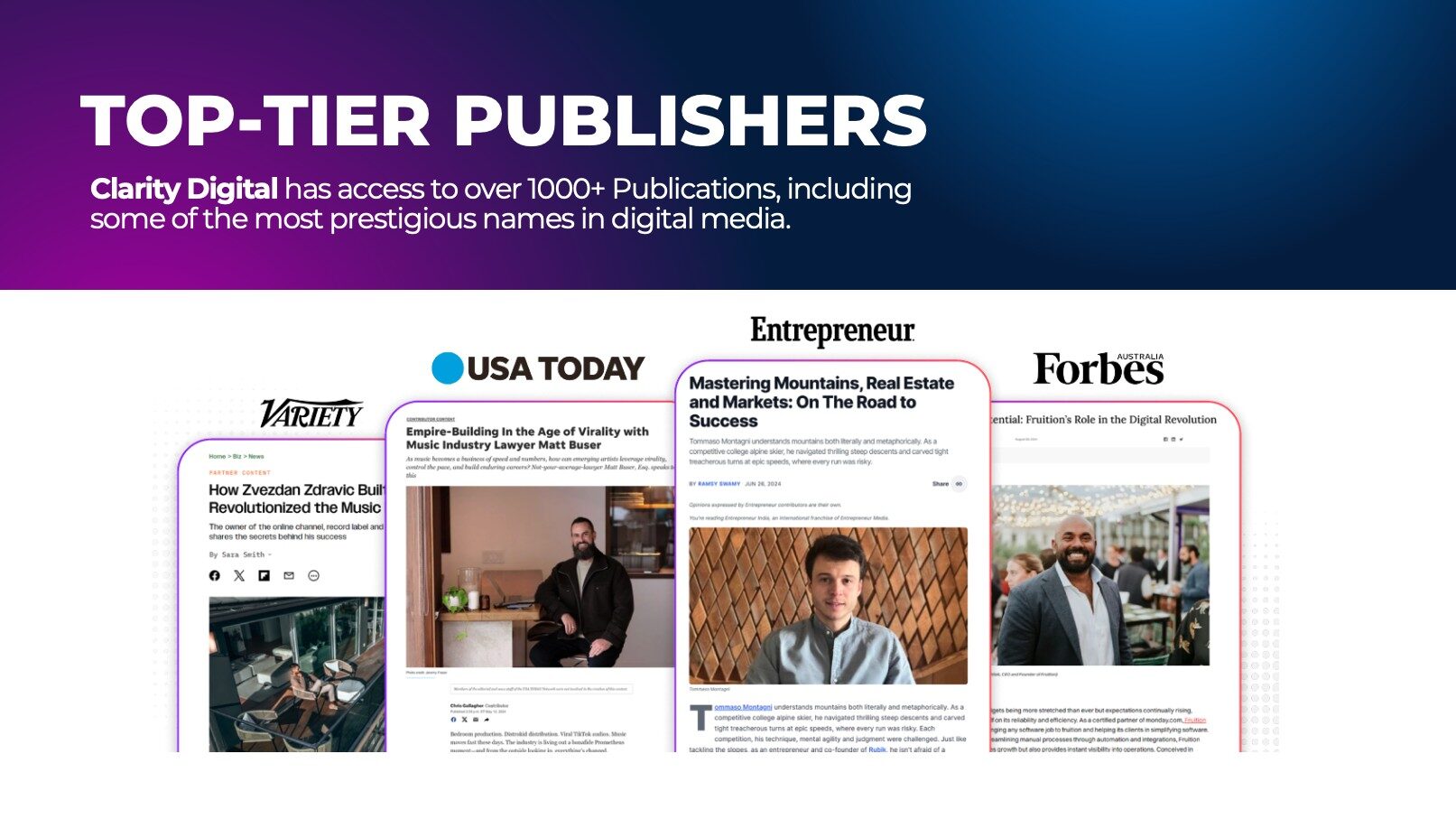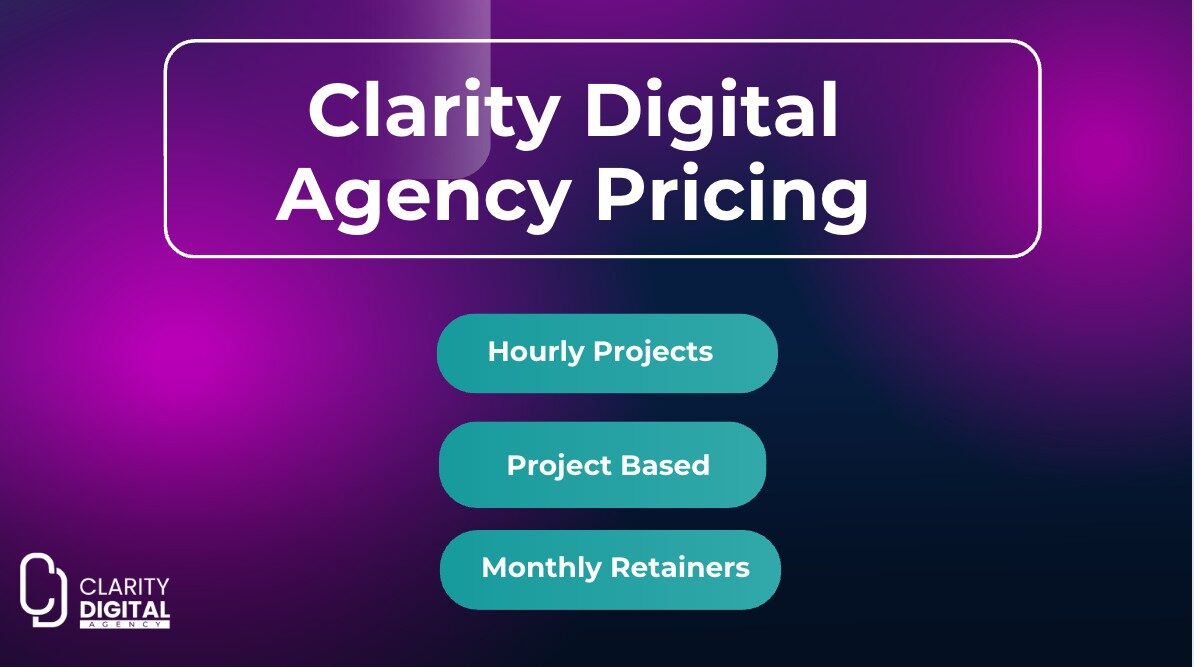Over the past few years, AI has had a disruptive influence in virtually every industry, and digital marketing is no exception. In fact, the integration of machine learning provides a number of opportunities in the SEO space, along with some challenges. To properly leverage AI tools, marketers must have a strategic and educated approach, while also maintaining high standards of ethical integrity. Learn more about the challenges and opportunities of AI-enhanced SEO by checking out this post from Clarity Digital.
AI Presents SEO Challenges… and Opportunities
Over the past year or so, every major tech trend has centered on the advent of artificial intelligence, better known as AI. It seems as though AI has disrupted virtually every industry, and digital marketing is no exception. In fact, AI presents a number of unique opportunities for those engaged in the work of search engine optimization (SEO). Along with these opportunities, it also presents some challenges. For dutiful SEOs, the task at hand is to hold these things in balance, recognizing the potential usefulness of AI while also remembering its limitations.
AI and SEO: A Brief Overview
When we talk about AI, we’re essentially talking about a machine’s ability to replicate human cognitive function. The most advanced AI can scour a particular data source (in some cases the entire Internet) to glean information. AI may then absorb and “learn from” this data to make a prediction or to generate new content of its own.
One of the great promises of AI is that it can potentially automate some of the more tedious SEO-related tasks, allowing SEOs to work more accurately and efficiently while finding more time for strategy and creative work. Up until recently, this promise never quite materialized, but today there is suddenly a surplus of valuable AI tools for SEOs to choose from.
How AI Presents Opportunities within SEO & Digital Marketing
Indeed, there are a number of ways in which the integration of AI and SEO presents significant opportunities. Some examples include:
Search Algorithm Evolution
Certain AI applications, including Google’s RankBrain, are revolutionizing search algorithms, enabling them to understand context, user intent, and semantic search more effectively.
Content Optimization
AI tools can also analyze top-ranking content, offering suggestions for keyword placement, content structure, and even topic ideation, all with the goal of enhanced SEO. AI-driven content suggestions can be powerful tools for driving traffic and generating leads.
User Experience Personalization
Marketing professionals may also use SEO to offer tailored content recommendations and personalized user journeys based on behavioral data, enhancing site engagement and lowering bounce rates.
Predictive Analysis for SEO
Marketers can use AI to forecast SEO trends, potential keyword risers, and content topics that are likely to gain traction. This can provide a real head start over competitors.
Link Building Strategies
AI-driven platforms can identify potential high-quality backlink opportunities, streamline outreach, and even predict which sites might give better link equity.
Voice Search Optimization
As voice searches become more prevalent, AI helps businesses optimize content for voice, understanding natural language queries better.
Ad Campaign Optimization
Finally, AI algorithms may optimize PPC and paid social campaigns in real-time, enhancing targeting precision, bid adjustments, and creative testing for better ROI.
How AI Presents Challenges to SEO & Digital Marketing
Despite these opportunities, there remain some potential dangers that marketers should be aware of as they seek integration of AI and SEO. Some of these potential problems include:
The Risk of Over-Automation
AI can undoubtedly be an asset for automating mundane and repeatable tasks. However, there is also a danger in relying excessively on AI, leading to generic or repetitive content and losing the unique, human touch that resonates with audiences.
Data Privacy and Ethical Concerns
With AI processing vast amounts of user data for personalization, there are inherent risks of breaches and non-compliance with data protection regulations. This may result in legal issues as well as reputational damage.
Complexity and Learning Curve
While AI can simplify many tasks, its integration and the understanding of its nuances can be complex, requiring significant upskilling. In other words, most marketers will have to invest a lot of time into mastering AI before it starts helping them save time.
Financial Implications
The initial investment for sophisticated AI tools can be high, and without a strategic approach, the ROI might prove difficult to justify.
Algorithmic Reliance
A heavy dependency on AI-driven insights can be risky, especially if search engine algorithms change, causing potential declines in organic visibility.
The Future of AI & SEO Integration
There’s little question that AI is here to stay. For marketers and SEO professionals, this is largely positive news, as AI, when rightly wielded, can be a powerful tool for enhancing efficiency and supercharging creativity.
With that said, proper implementation of AI requires a cautious and well-educated approach and will likely involve an initial investment of considerable time and resources. Additionally, care must be taken to ensure that these new tools are used in the most ethical way possible, taking into account issues of intellectual property ownership and consumer privacy.
Finally, it’s important to preserve the human element, as well, remembering that no machine learning program can replicate the creativity and emotional connection that people bring to their work.
Questions about leveraging AI as effectively as possible on behalf of your marketing and SEO endeavors? We’d love to provide our expertise. Schedule a consultation with Clarity Digital at your convenience.





